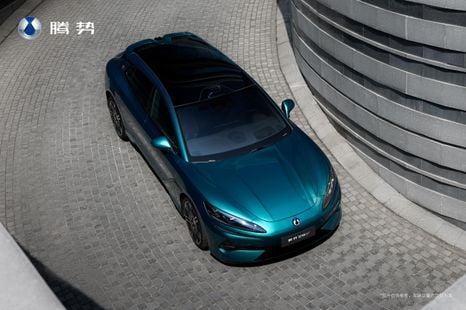

William Stopford
Denza Z9 GT: BYD’s Porsche Taycan rival gets even more powerful
5 Hours Ago

Journalist
The slow pace of the electric vehicle (EV) roll out at Audi claimed the scalp of its CEO the other week, and now the luxury automaker is considering an even more dramatic move: purchasing an electric car platform from a Chinese rival.
Sources inside Audi have told Automobilwoche the luxury automaker is in talks with a number of Chinese firms about using their EV platform. BYD and BAIC are said to be two of the parties Audi is talking to.
Oliver Blume, CEO of the Volkswagen Group, has reportedly approved the plan, and it could receive backing from Audi’s board as early as next week.
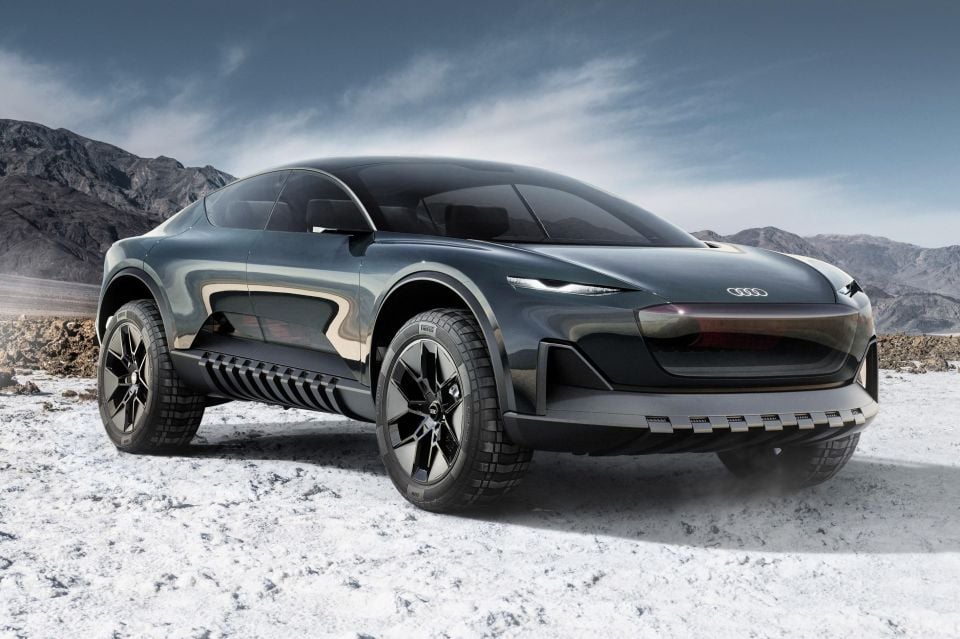
If Audi decides to use an externally-developed EV platform, it will likely be used for a clutch of models based on the “Sphere” range of concepts.
It’s unclear at this stage if these models underpinned by an external architecture will be available throughout the world, or largely confined to China.
The company already produces a number of long-wheelbase models specifically for China. These include A4L, A6L, Q2L and Q5L, but the most distinctive model is the A7L, which not only has more legroom at the back, but dumps the liftback for a more traditional sedan rear end.
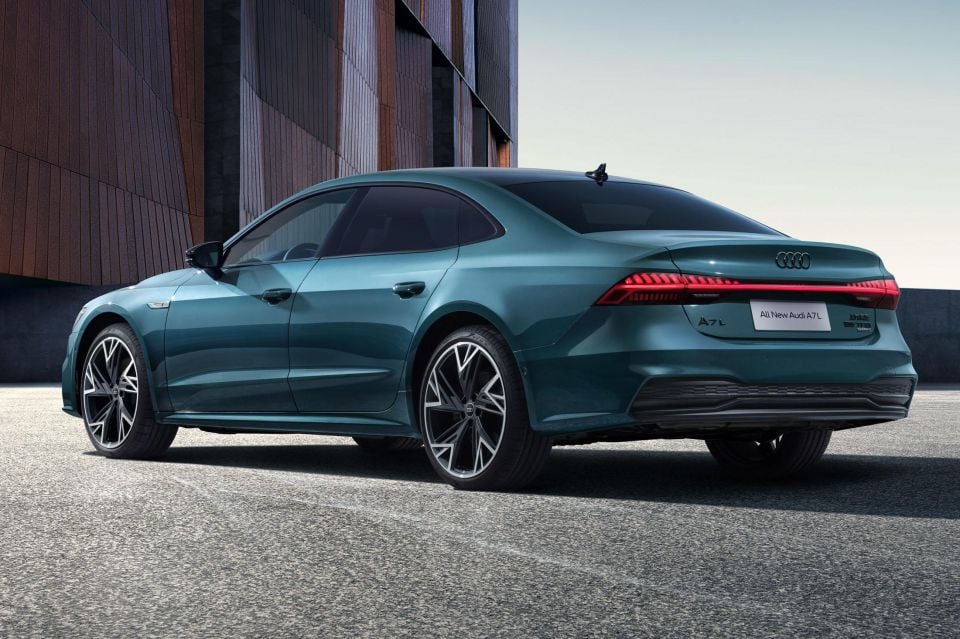
Audi has fallen behind both Mercedes-Benz and BMW, as well as Chinese firms, in the race bring to EVs to market.
The company’s range is currently limited to three models. There’s the volume-selling Q4 e-tron crossover, which is based on the MEB architecture shared with the Volkswagen ID.4 and Cupra Born, the e-tron GT sports sedan that’s essentially a Porsche Taycan in a business suit, and the Q8 e-tron, which uses the MLB architecture originally developed for petrol and diesel cars.
In China there’s also a Q2L e-tron, which pairs a 100kW/290Nm electric motor with a 38kWh battery pack from CATL.
Delays have plagued the Premium Platform Electric (PPE) architecture being co-developed with Porsche. PPE serves as the basis for the Q6 e-tron crossover, and A6 e-tron sedan, both of which are now due to debut in 2024 at the earliest.
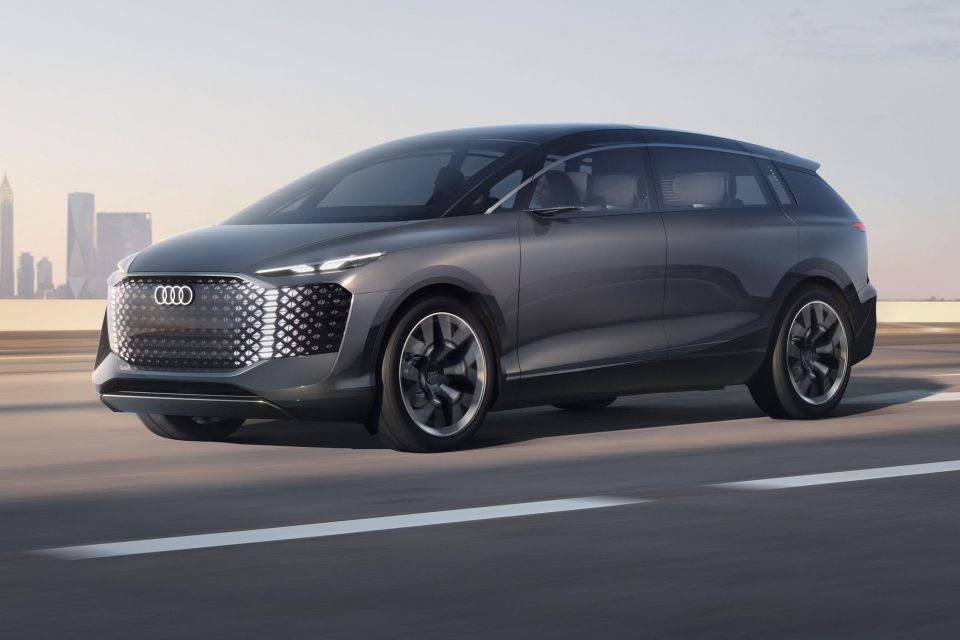
As the Volkswagen Group has swelled to encompass brands all the way from Skoda and Seat through to Porsche, Bentley and Bugatti, the company has embraced platform sharing to reduce costs and improve economies of scale.
Until recently all of these architectures – including the MEB EV platform, MQB front- and all-wheel drive ICE platform, and MLB longitudinal ICE platform – have been developed in-house. Rising development costs have seen the group begin to look further afield.
Currently Volkswagen and Ford have a wide-ranging partnership, with Ford developing the platform for the Amarok and Ranger utes, as well as Transit Custom and the upcoming T7 Transporter vans. In turn, Volkswagen’s Caddy serves as the basis for the latest Transit Connect, and Volkswagen’s MEB platform resides underneath the Euro-only Ford Explorer and a yet-to-revealed crossover coupe.
In addition to this, Volkswagen has offloaded Bugatti to rival Rimac in a complex transaction in which Porsche has taken a large minority shareholding in the Croatian supercar maker.
Go deeper on the cars in our Showroom, compare your options, or see what a great deal looks like with help from our New Car Specialists.
Derek Fung would love to tell you about his multiple degrees, but he's too busy writing up some news right now. In his spare time Derek loves chasing automotive rabbits down the hole. Based in New York, New York, Derek loves to travel and is very much a window not an aisle person.


William Stopford
5 Hours Ago
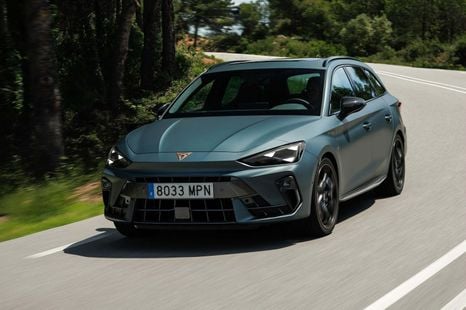

William Stopford
6 Hours Ago
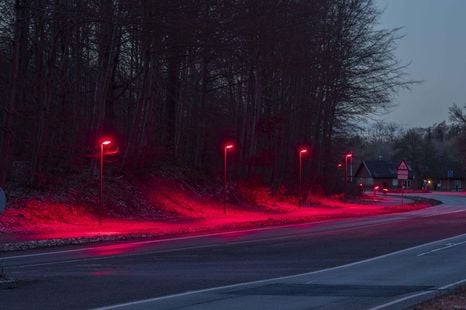

Damion Smy
8 Hours Ago
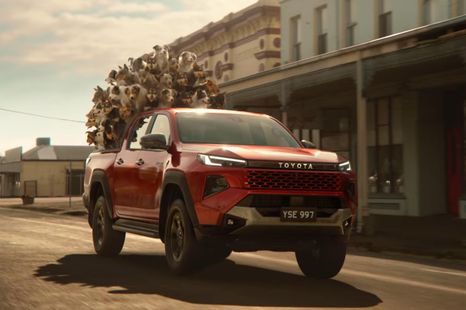

Damion Smy
10 Hours Ago
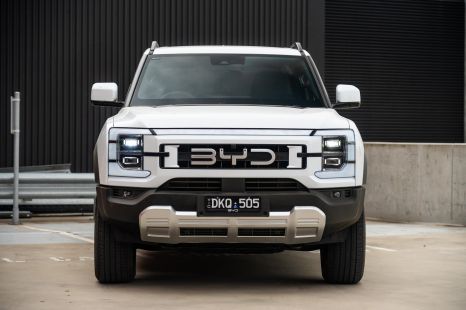

Max Davies
10 Hours Ago
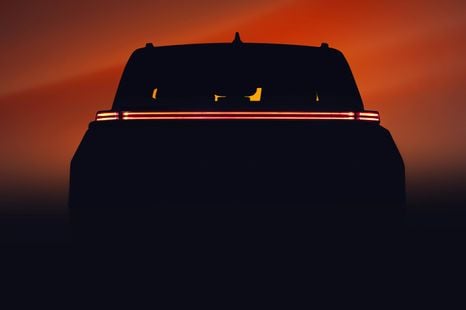

Damion Smy
11 Hours Ago
Add CarExpert as a Preferred Source on Google so your search results prioritise writing by actual experts, not AI.